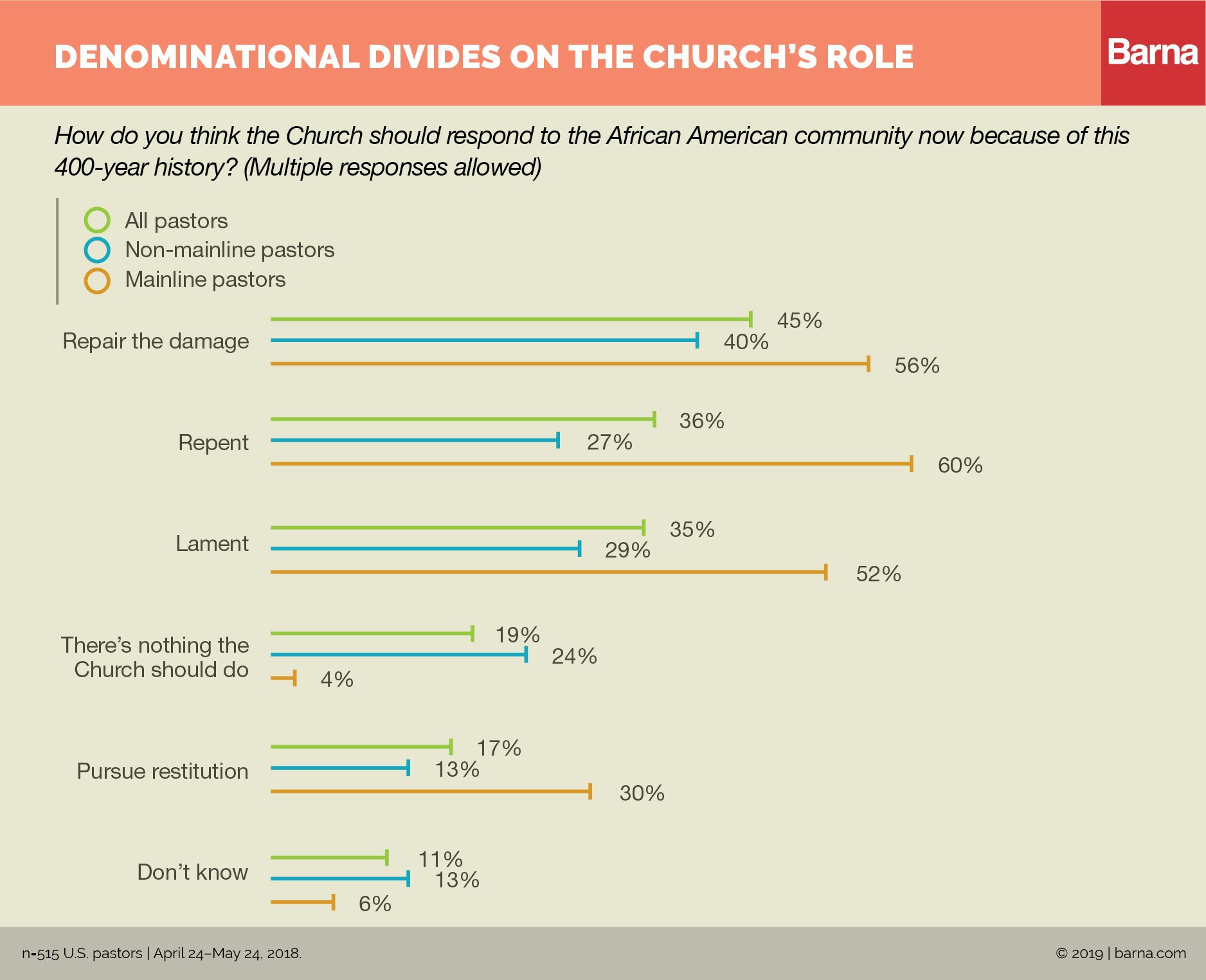Christians in India are afraid to report a rise in the attacks against them at the hands of radical Hindu nationalists. A recent report gives a clue about why they are hesitant to go to the police. A pastor in India’s northern Uttar Pradesh area was allegedly dragged from his home and beaten by radical Hindu nationalists last month. Reports from Chrisitan persecution watchdog groups claim the pastor was then arrested and beaten further at the police station.
“The attack started when the nationalist identified and harassed a few women and two men who were on their way to the prayer meeting [at Pastor Raju Prassad’s house] on July 28,” International Christian Concern (ICC) reports.
According to ICC, the group believed to be responsible for the attack belong to the radical Hindu Nationalist group Bajrang Dal. Not only did they assault Pastor Prassad, but they also “physically and verbally” abused the men and women who were on their way to the prayer meeting. Prassad says the meeting was a gathering of his fellowship of believers and that he was not attempting to convert anyone to Christianity.
After being dragged from his home, ICC reports the group beat the pastor and then called police to report Prassad had been converting people. Worthy News describes Prassad as being “badly beaten.” Once at the police station in Chakeri, ICC alleges the radical nationalist group continued to beat Prassad, implying he was beaten under the observance of police. Prassad and members of his fellowship spent five hours at the station before they were allowed to leave. A police investigation reports no conversions took place during the meeting, although Prassad’s alleged attackers have faced no consequences for their actions.
While Worthy News and ICC’s reports describe the incident in a similar manner, The Indian Express reports it a little differently. The newspaper says Station House Officer of Chakeri police station said, “The preliminary investigation suggested that a woman had called the pastor and two women to offer prayer for her ailing mother at her house. She told us that her mother was recovering due to the prayer. She and the pastor denied conversion. “
According to The Indian Express, when police reached Prassad’s home, they saw two women “distributing religious books to a family.” The police took Prassad to the police station, but only describe a “minor scuffle” that occurred when Prassad was being taken to the station.
The two different reports agree that police decided not to file a report against Prassad as it was determined he was not converting anyone through the prayer meeting.
Christians in India Live in Fear
ICC reports other pastors in India are afraid to come forward when they are attacked. Devash Lal of the Bihar Pastors Fellowship said:
The Hindutva [Hindu nationalist] extremists are walking into churches and are disrupting prayer services–on a weekly basis, we hear of threats and attacks on home churches and pastors. Christian persecution is widely spread across Bihar, and it appears to be a much planned, systematic opposition created to target activities. We also see police supporting the perpetrators instead of taking action against them, and the victims do not come forward fearing this bias.
The persecution against Christians in India has ramped up, many watchdog groups have reported, since Prime Minister Narendra Modi came to power with the help of his Bharatiya Janata Party (BJP). It appears radical nationalists, who believe all of India should be Hindu, have been emboldened under Modi’s leadership to carry out attacks against those they deem unfit to live in the country.
Modi’s government has also taken direct measures to reduce the Christian influence in India by doing things like pushing Compassion International out of the country. Open Doors ranks India as #10 on its World Watch List for 2019, which represents the highest position it has held since Open Doors started making its ranked list of countries where Christians are persecuted the most.
Evangelical Fellowship of India Ask for Action
The Evangelical Fellowship of India (EFI) has appealed to Prime Minister Modi to take action against the spike in violence against Christians in India. The group compiled a report which indicated there were 325 reported incidents of violence against Christians in 2018 alone—a steep jump compared to 2012 when there were 130 reported incidents.
EFI has organized a National Day of Prayer Campaign which is coming up on the 18th of August. You can read the prayer guide these Indian leaders have put together and join them in their efforts to pray for the “well-being, peace and prosperity” of India.
















